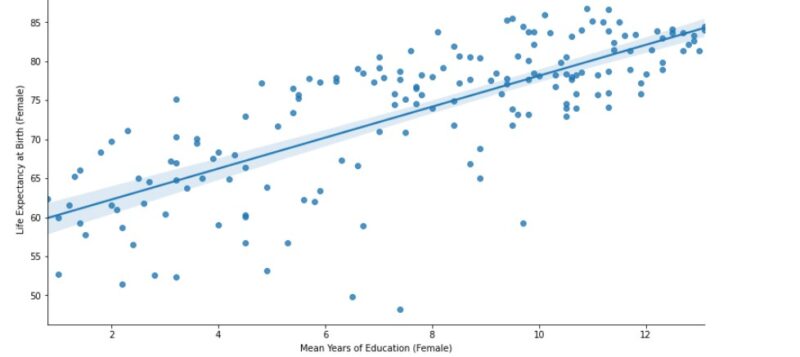Assigned readings are linked in the schedule. There is no separate textbook for this course.
We’ll be using Google’s Colaboratory as a platform for our analysis. It is free and there is nothing to install.
Topics:
I. The Linear Model
1. Introduction to multivariate analysis. Introduction to Python.
2. Inference, the General Linear Model, and descriptive statistics in Python.
3. Least squares regression, and Linear regression in Python.
4. More on the linear model, Linear Model with IPUMS data.
@ 5. Logistic Regression. Working with GSS data.
Additional readings for this section: Gager & Yakibu, Journal of Family Issues 31(2):135–163; Fujimoto, The Sociological Quarterly 45(1):91-111.
II. Modeling Count Data
6. Proportions and Odds. Read Explaining Odds Ratios, The Odds Ratio.
7. Log-linear Analysis / Poisson regression.
8. More on Poisson regression.
Additional readings: Shortell, Mass Communication & Society 14:431-453; Beck, The Sociological Quarterly 24(2):273-285.
III. Structure Analysis and Grouping
9. Principal components analysis.
10. Cluster analysis.
11. Multidimensional scaling.
Additional readings for this section: Swedlow & Wickoff, American Politics Research 37(6):1048-1087; Shortell, Sociology of Religion 62(1): 87-103; Cappell & Guterbach, American Sociological Review 57:266-273.
IV. Time-based Analysis
12. Event history analysis (Survival analysis).
13. Time series I (trend analysis).
14. Time series II (moving average, autoregressive, and ARMA models).
15. Time Series III (transfer-function regression).
Additional readings for this section: Hiroi & Omori, Politics & Policy 41(1):39-64; Hwang & Xi, Social Forces 86(3):1079-1104; Phillips, Demography 50:591-614.


